Episode 3: Water truck serves Navajo Nation residents
Darlene Arviso, a member of the Navajo Nation, drives a diesel truck with a big tank to dozens of rural homes near Thoreau, New Mexico, every day. Navajo families depend on her for clean drinking water because much of the groundwater in their wells is contaminated with uranium from Cold War-era mines. Reporter Lauren Kaljur takes us there.
To see the full News21 report on “Troubled Water,” go to troubledwater.news21.com on Aug. 14.
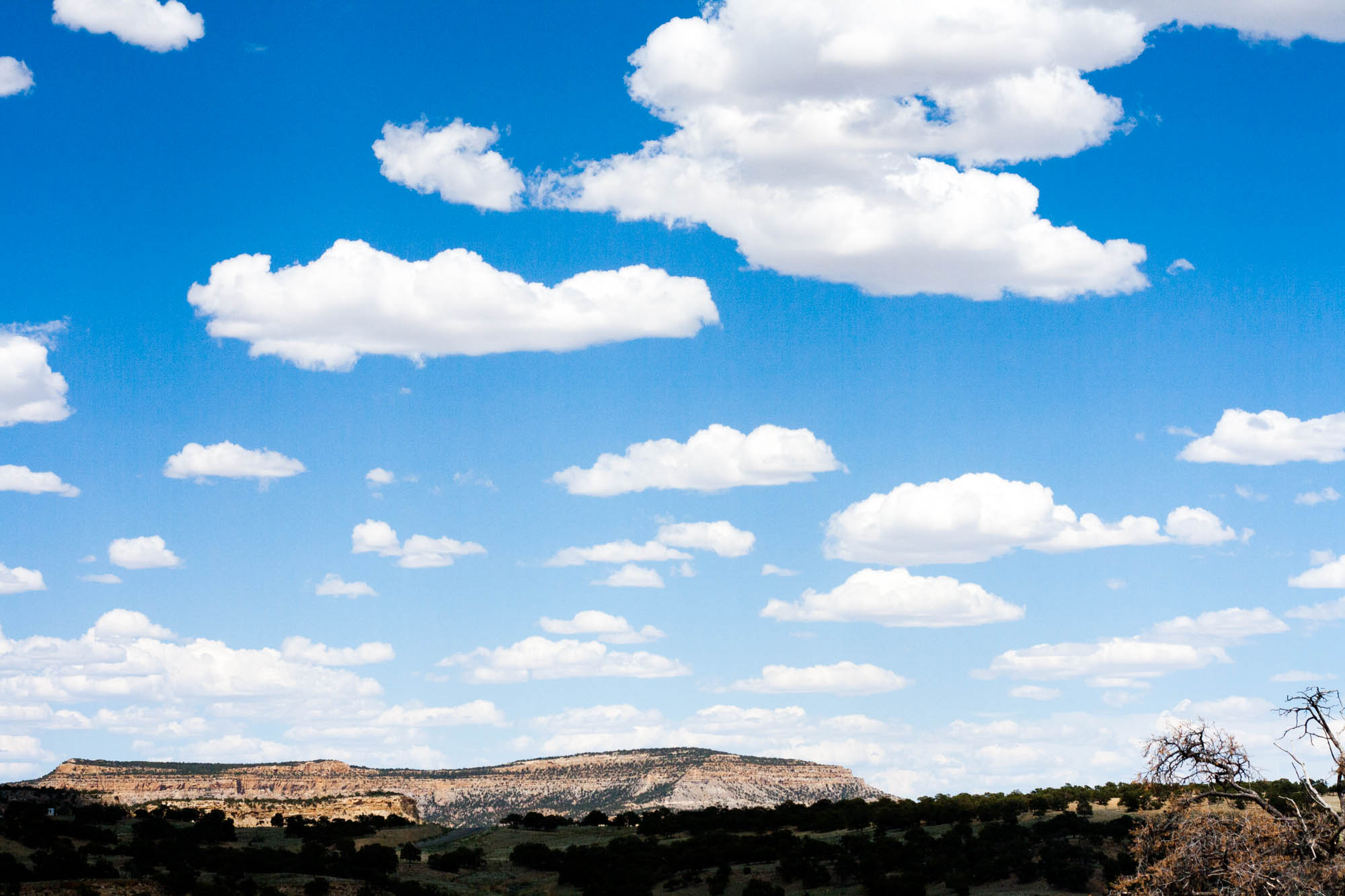
Water is scarce in the Navajo Nation, but contamination from decades of poorly managed uranium extraction in the territory has made matters more difficult. (Photo by Lauren Kaljur/News21)
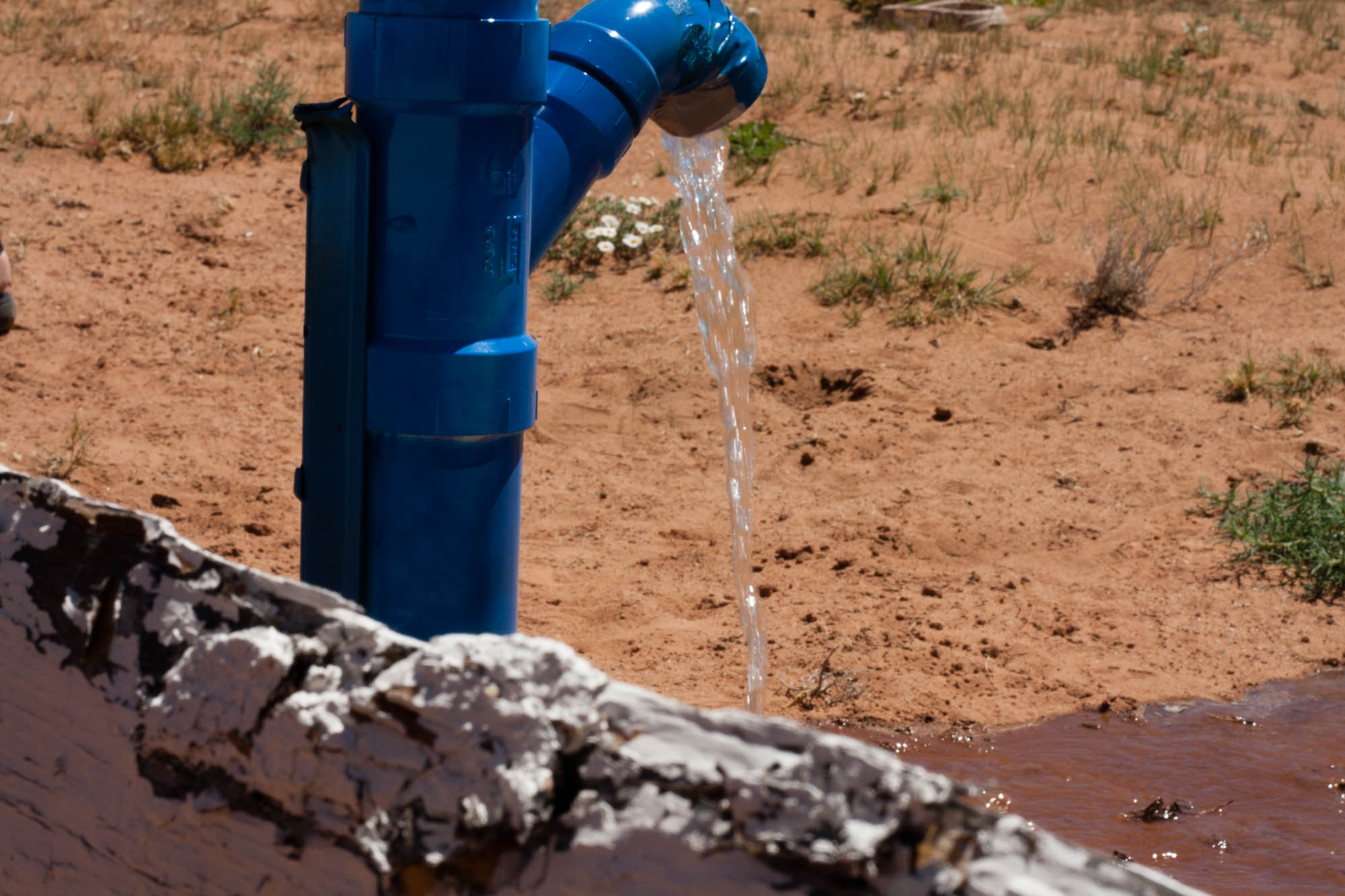
Cisterns near Thoreau, New Mexico, on the Navajo Nation pump fresh water up from underground storage tanks installed by the St. Bonaventure Mission and a nonprofit called Digdeep. (Photo by Lauren Kaljur/News21)
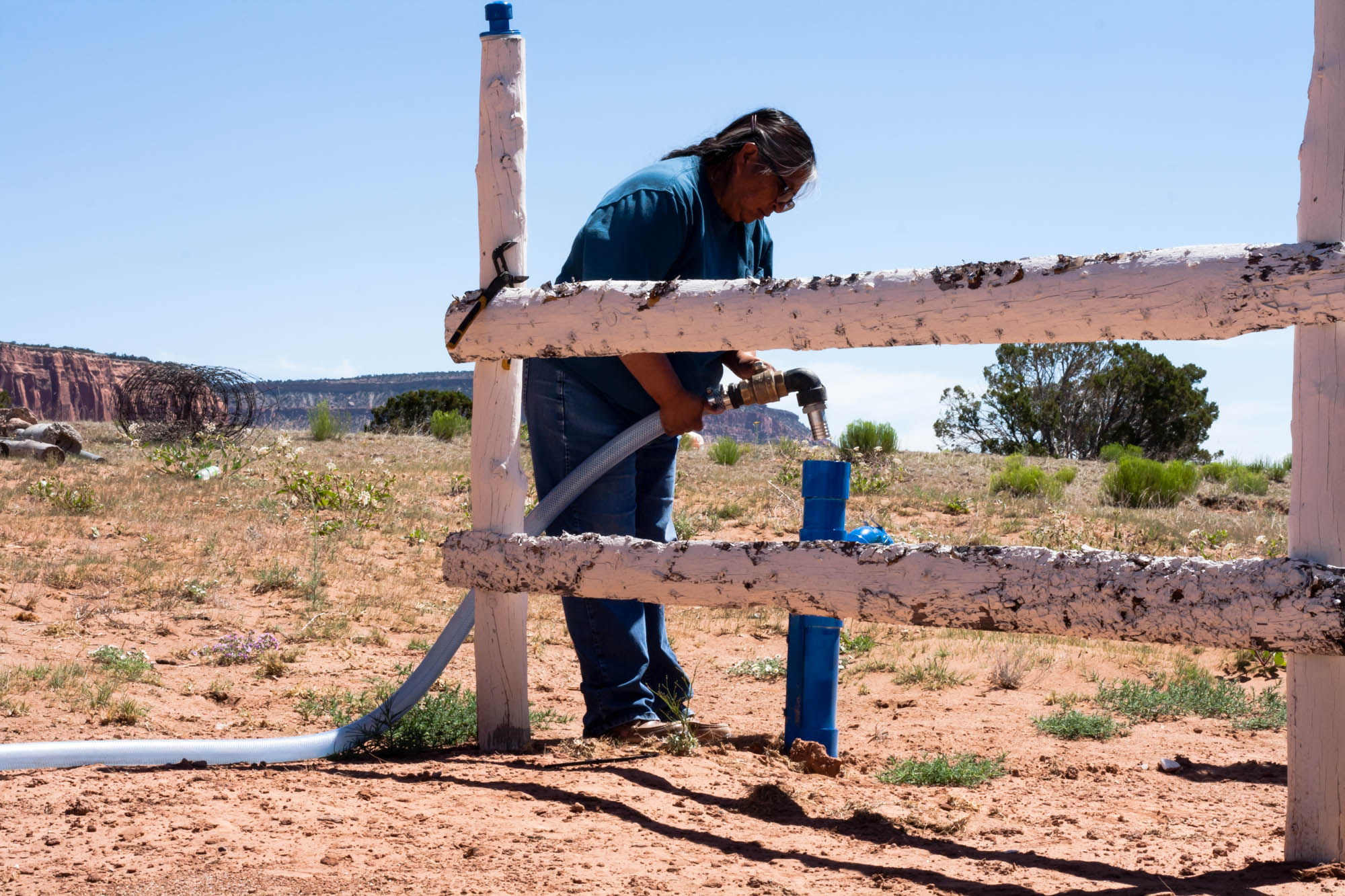
Darlene Arviso, a member of the Navajo Nation, fills up a cistern with fresh water for residents near Thoreau, New Mexico. The groundwater in their wells is contaminated with uranium from Cold War-era mines on Navajo territory. (Photo by Lauren Kaljur/News21)
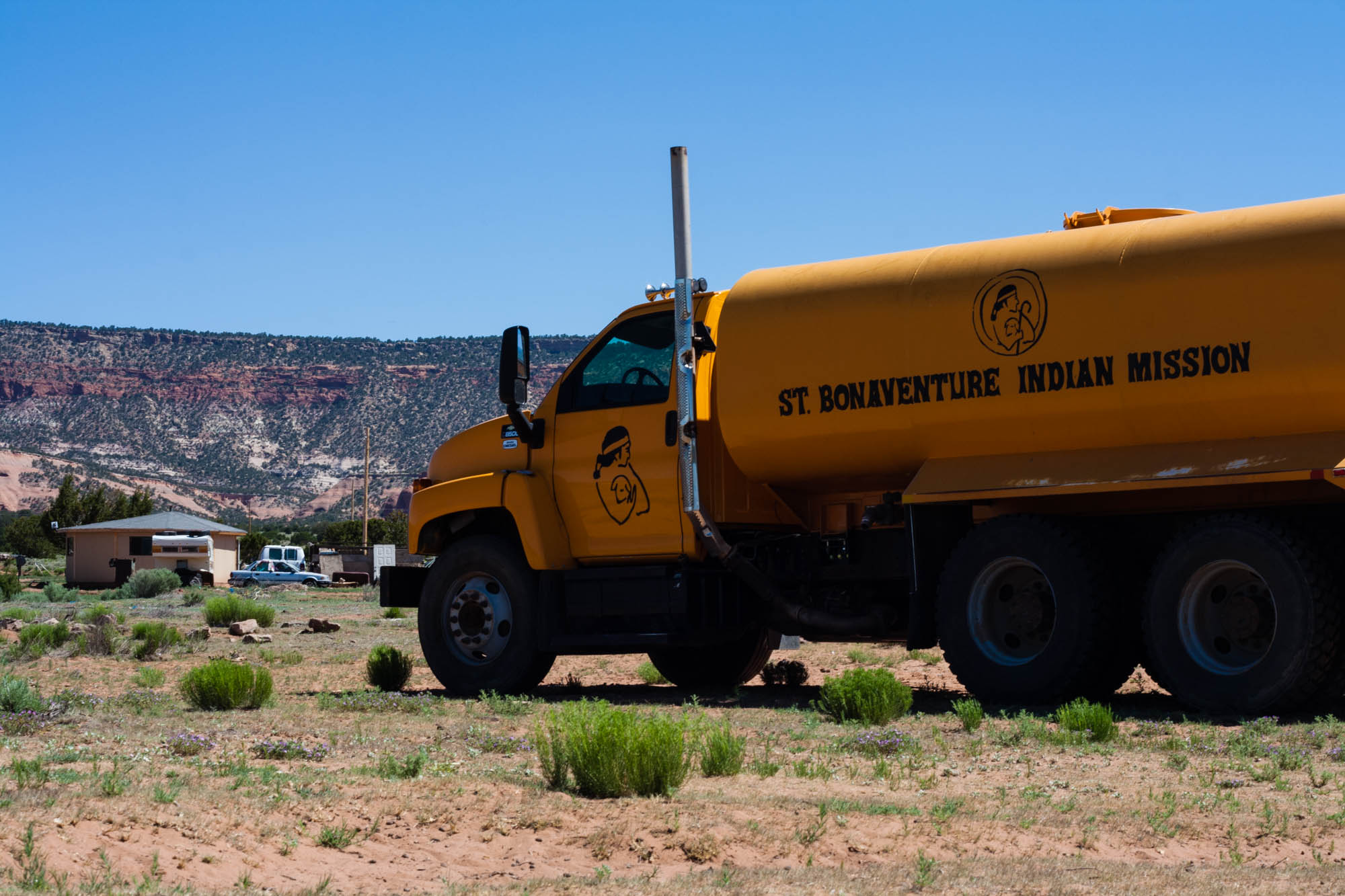
The St. Bonaventure Mission helps provide clean water to rural Navajo community members because the tribe cannot afford to get everyone on its centralized water system. (Photo by Lauren Kaljur/News21)
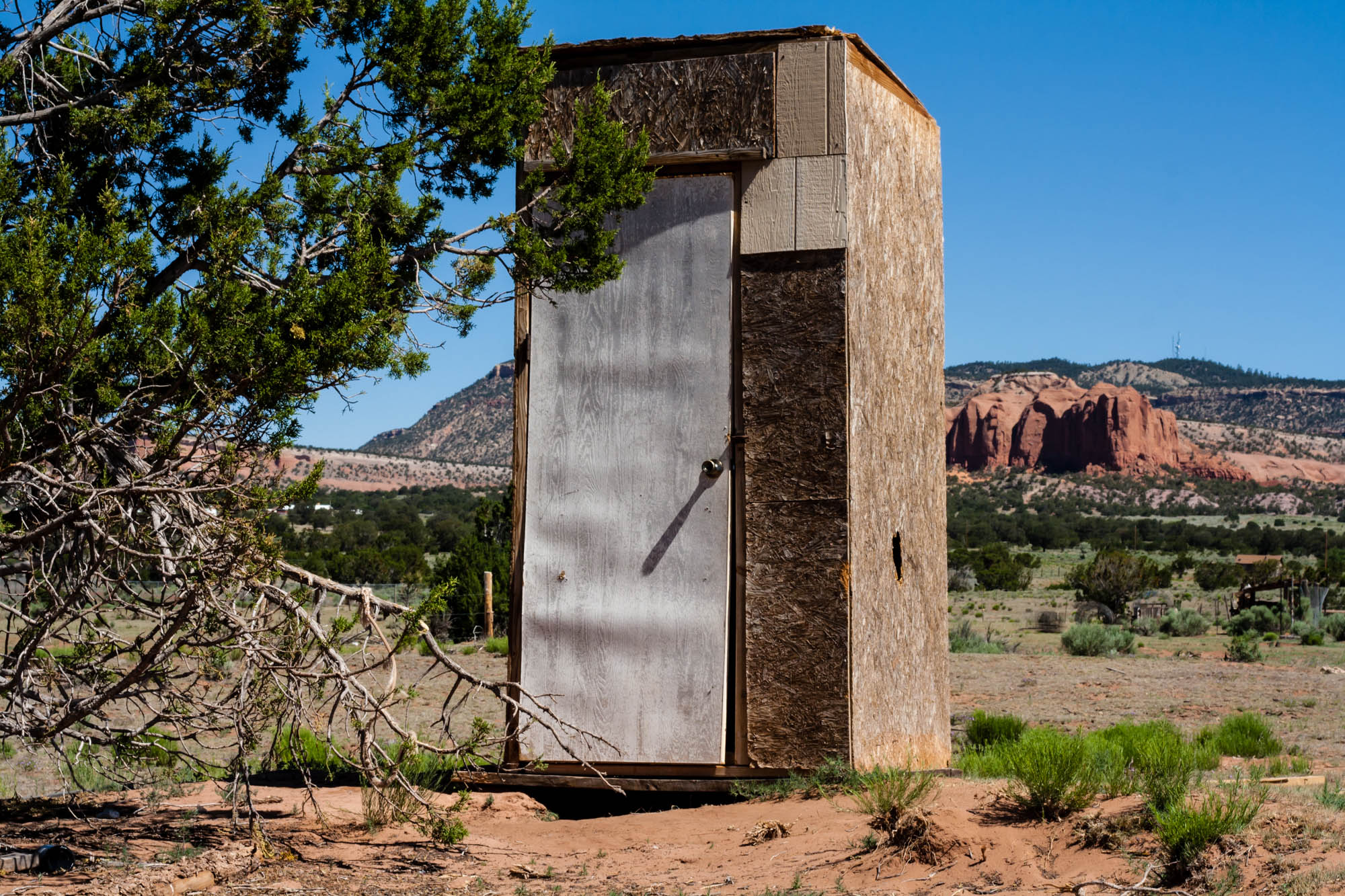
Many Navajo families do not have running water because infrastructure is expensive in remote rural areas. Since water is contaminated with uranium, it has to be moved long distances. (Photo by Lauren Kaljur/News21)

Darlene Arviso has her commercial driver’s license. To run the water truck, she has to climb up the ladder and connect the hose to the outdoor water storage tank at the St. Bonaventure Mission, which helps fund the project. (Photo by Lauren Kaljur/News21)